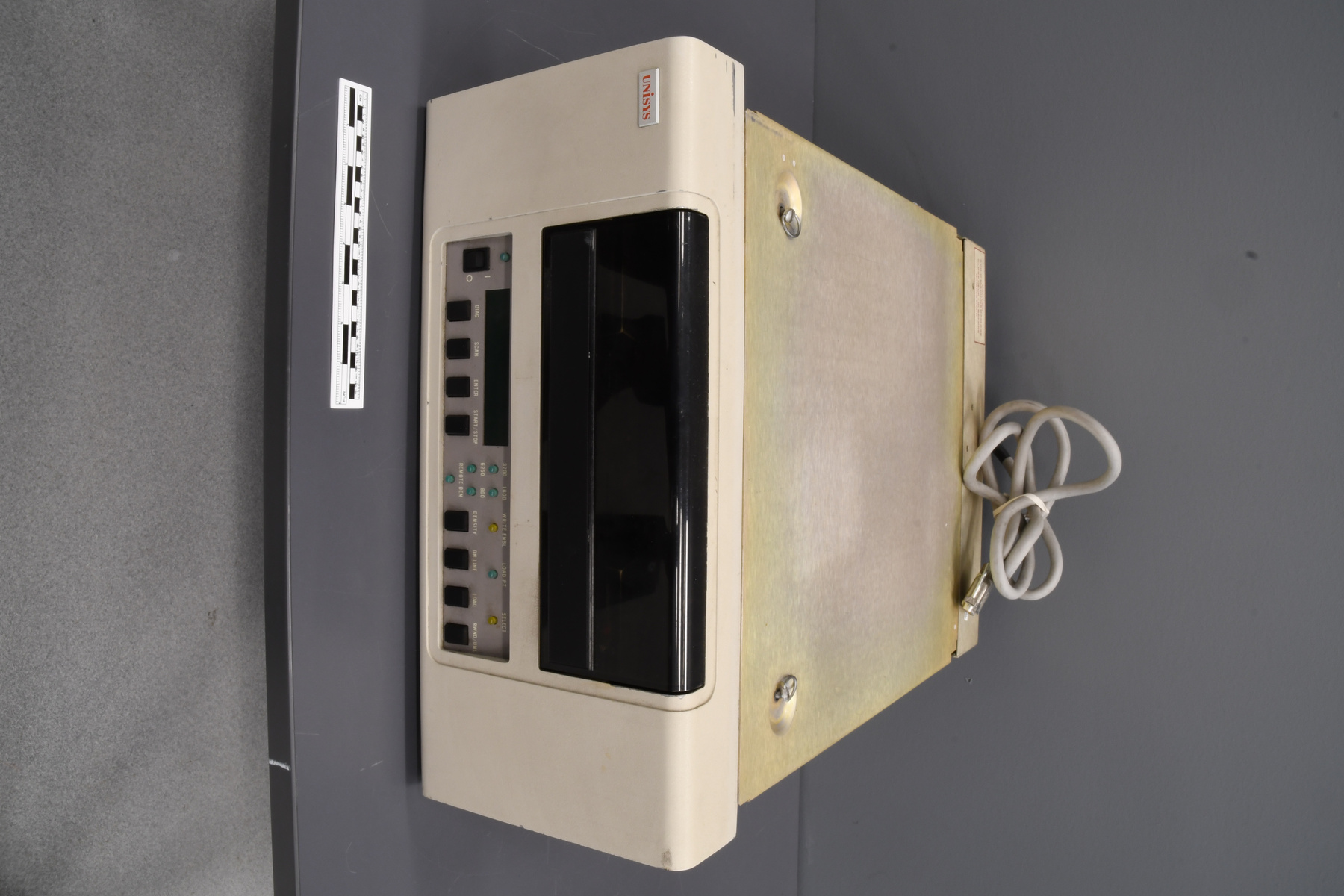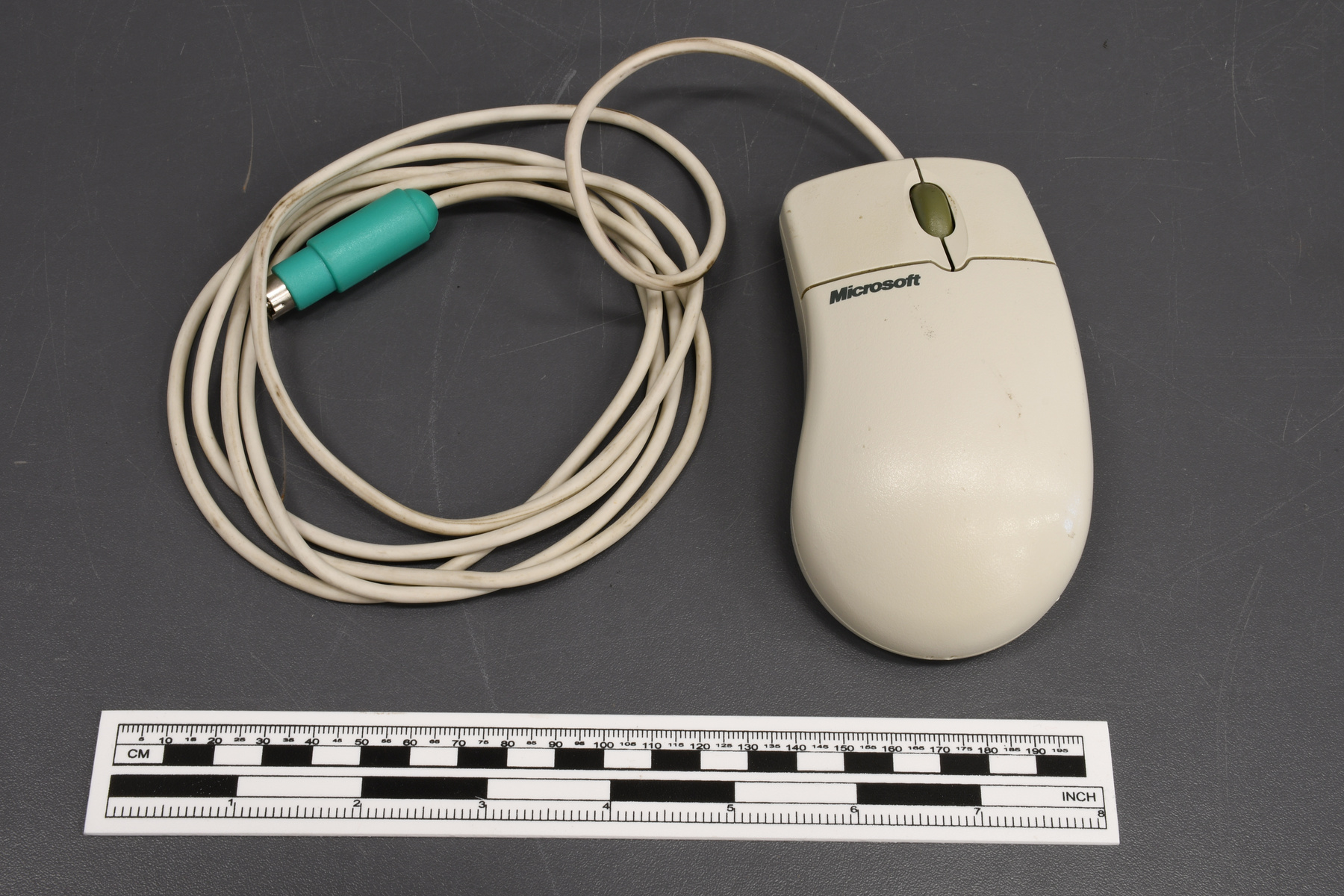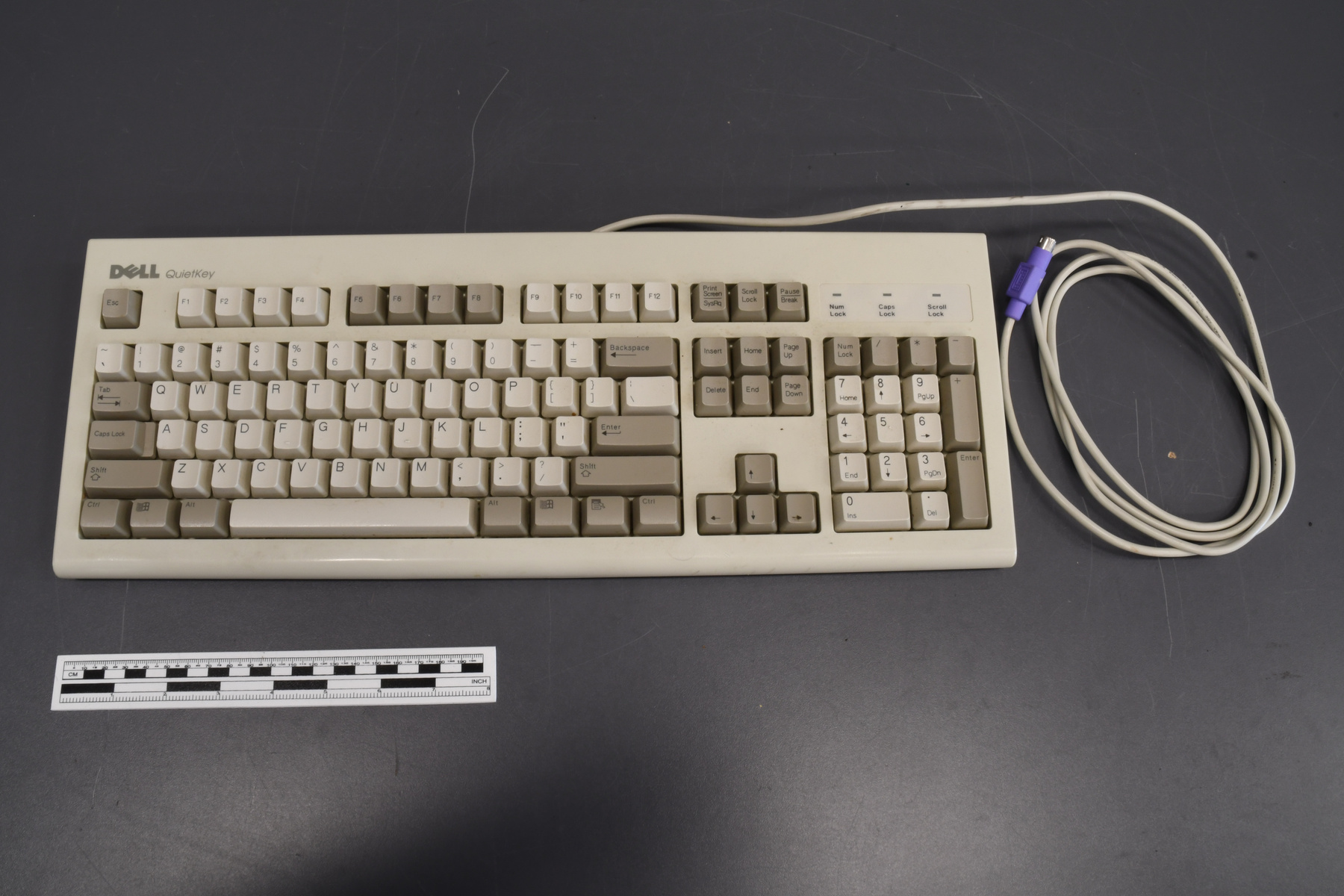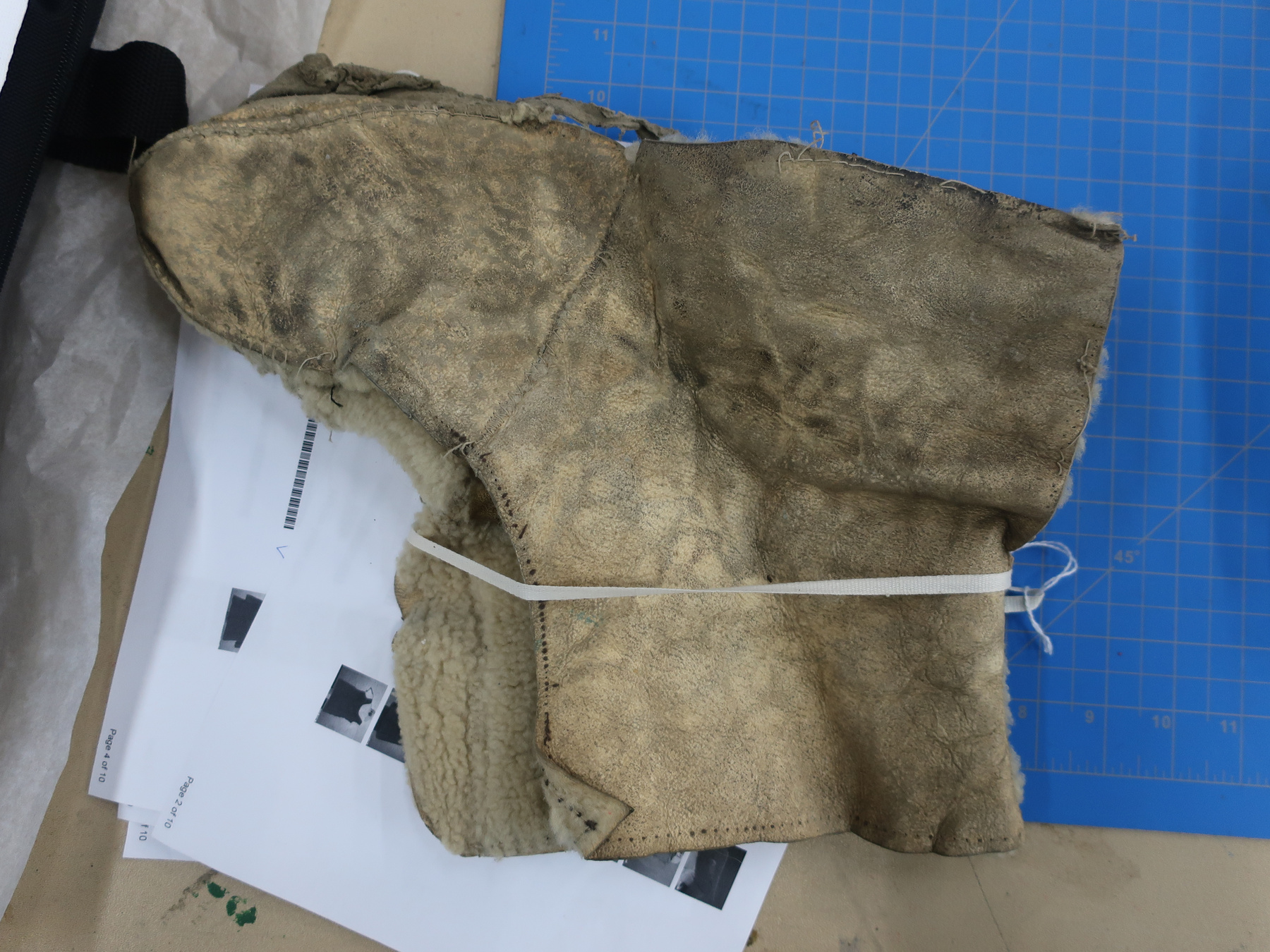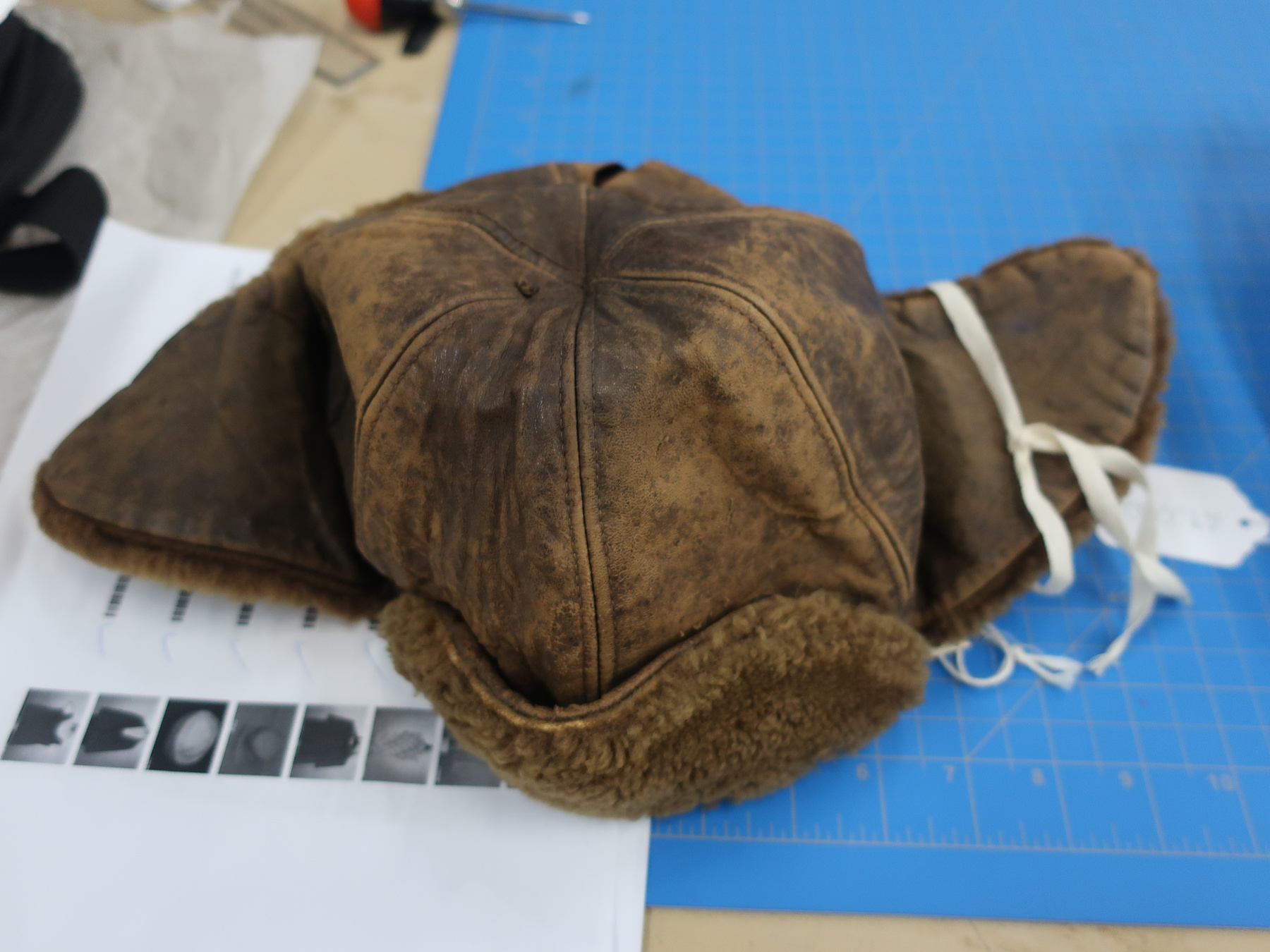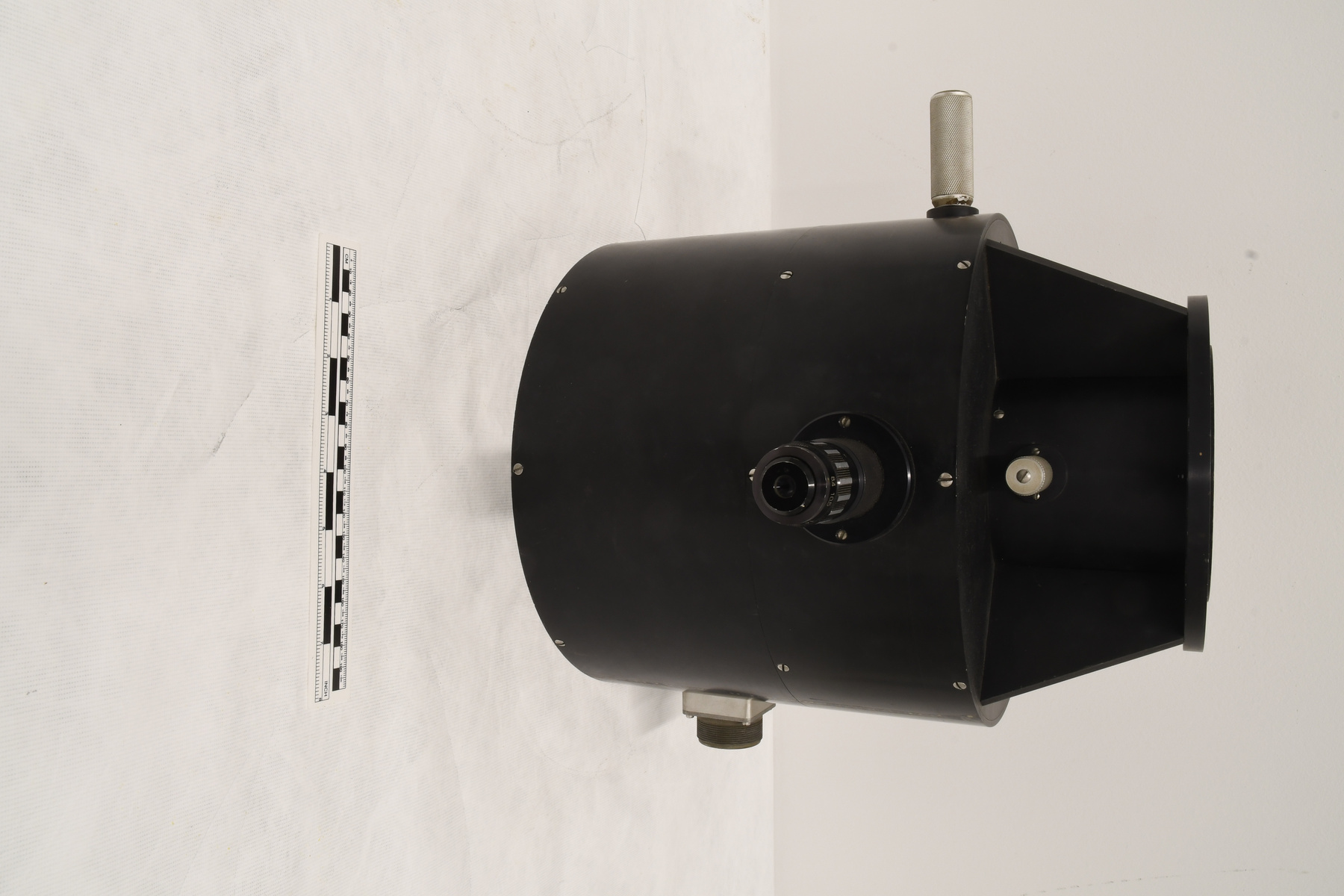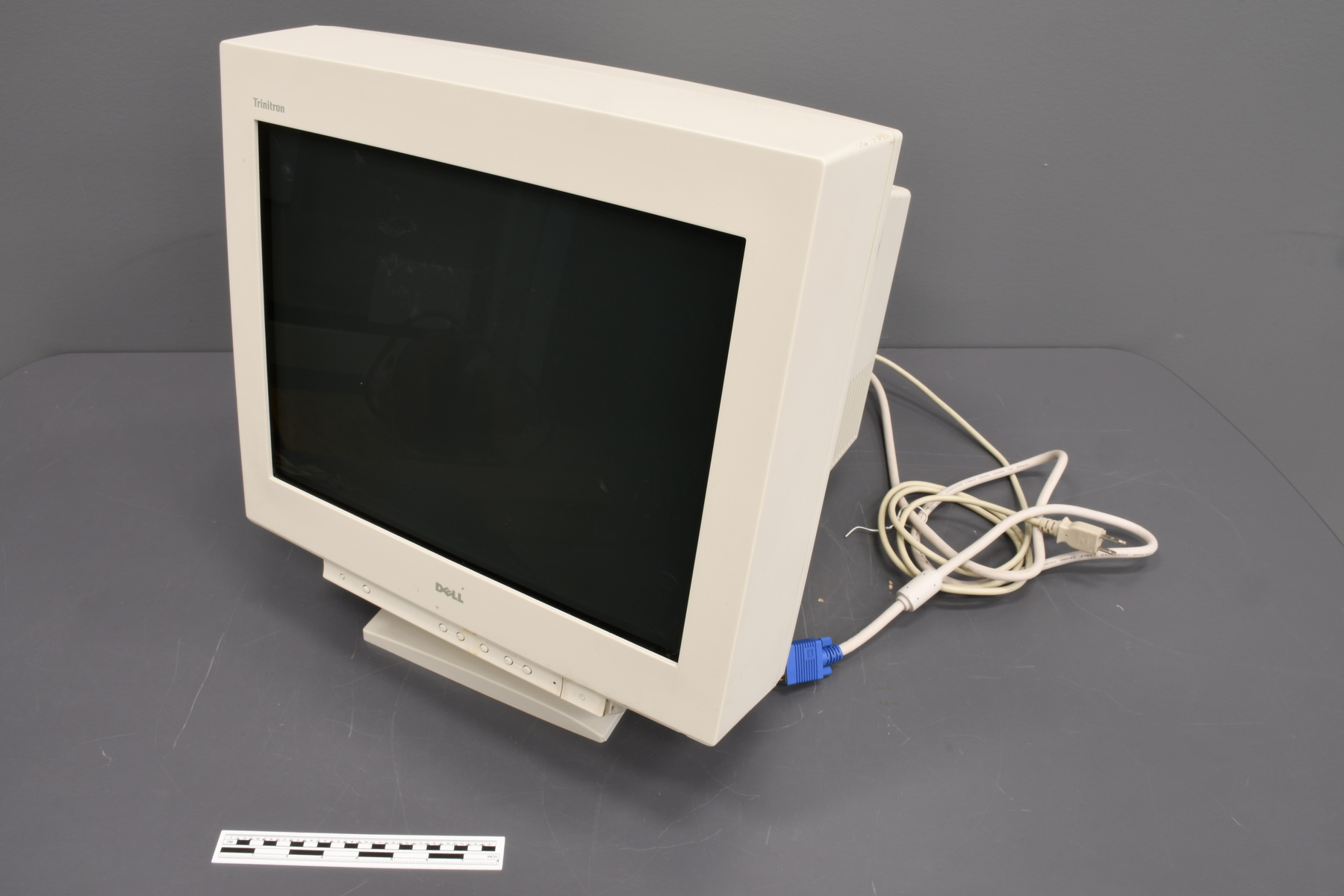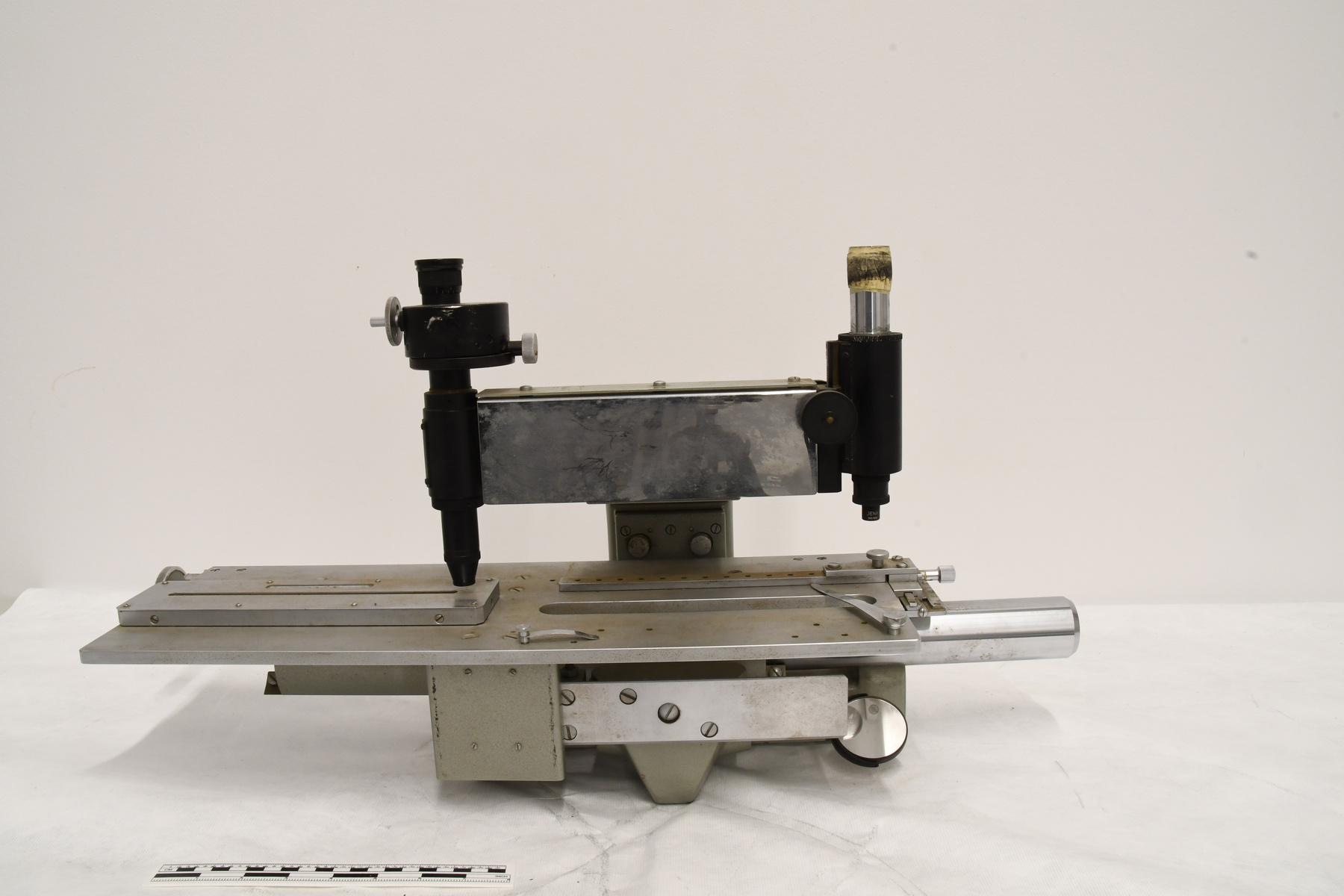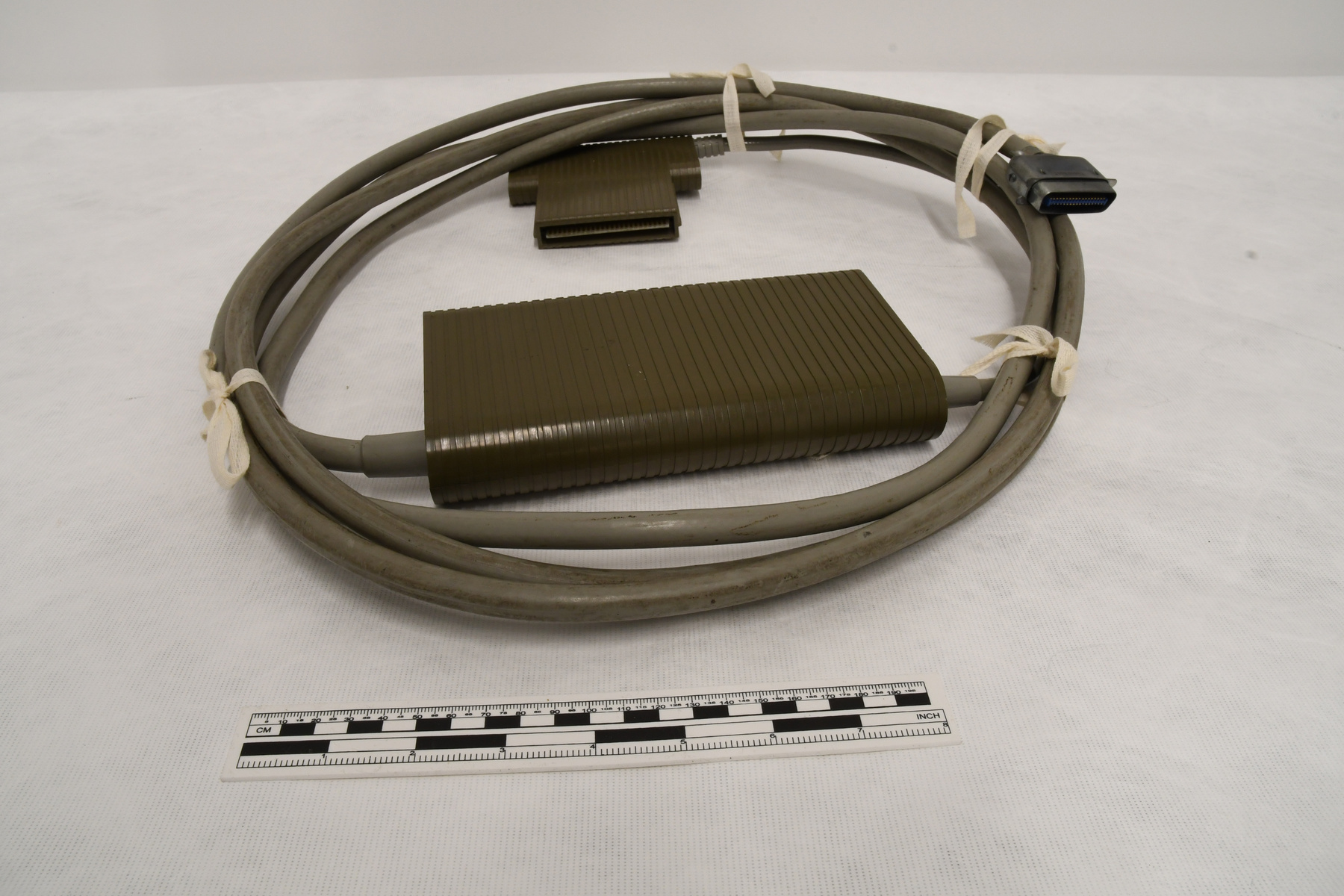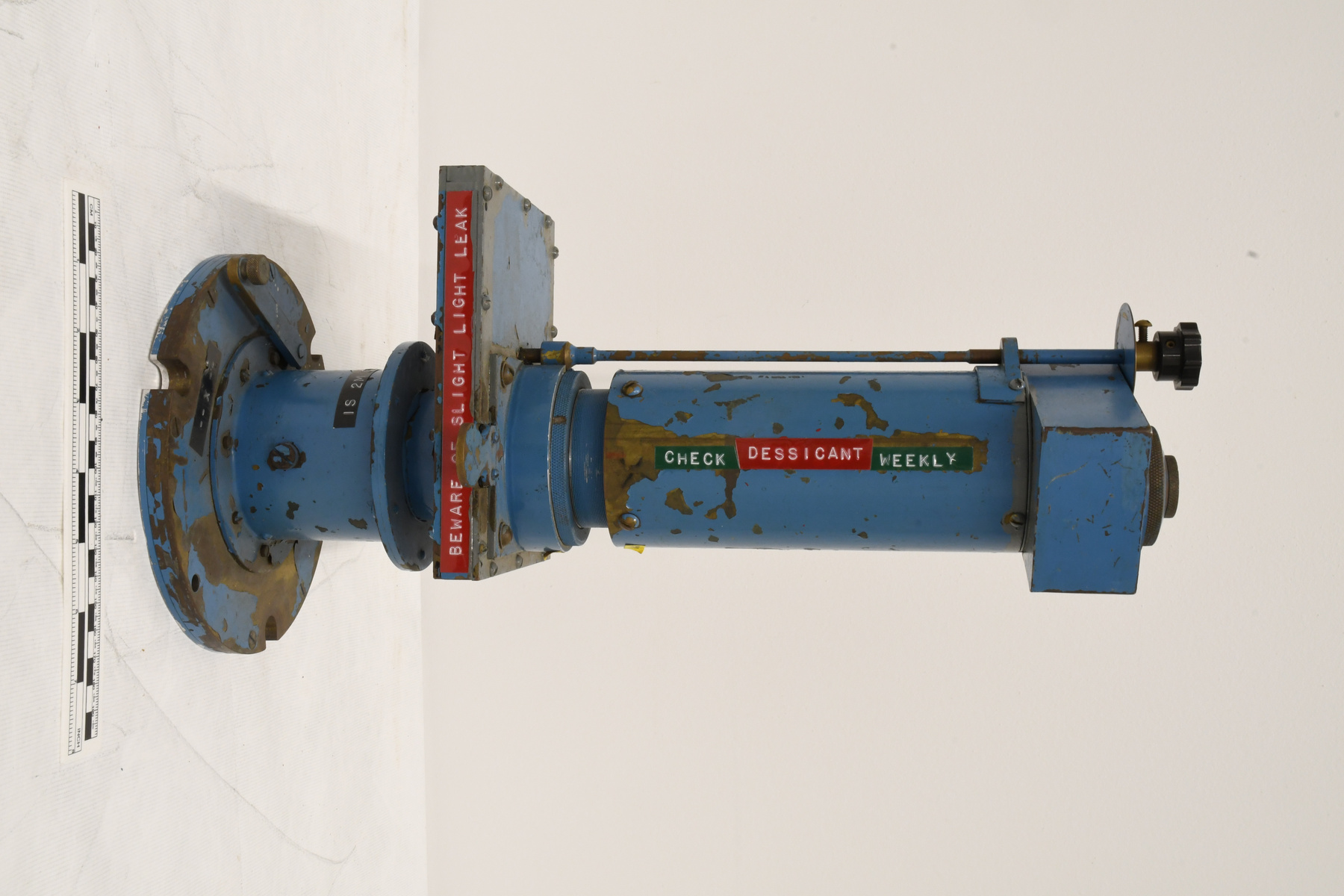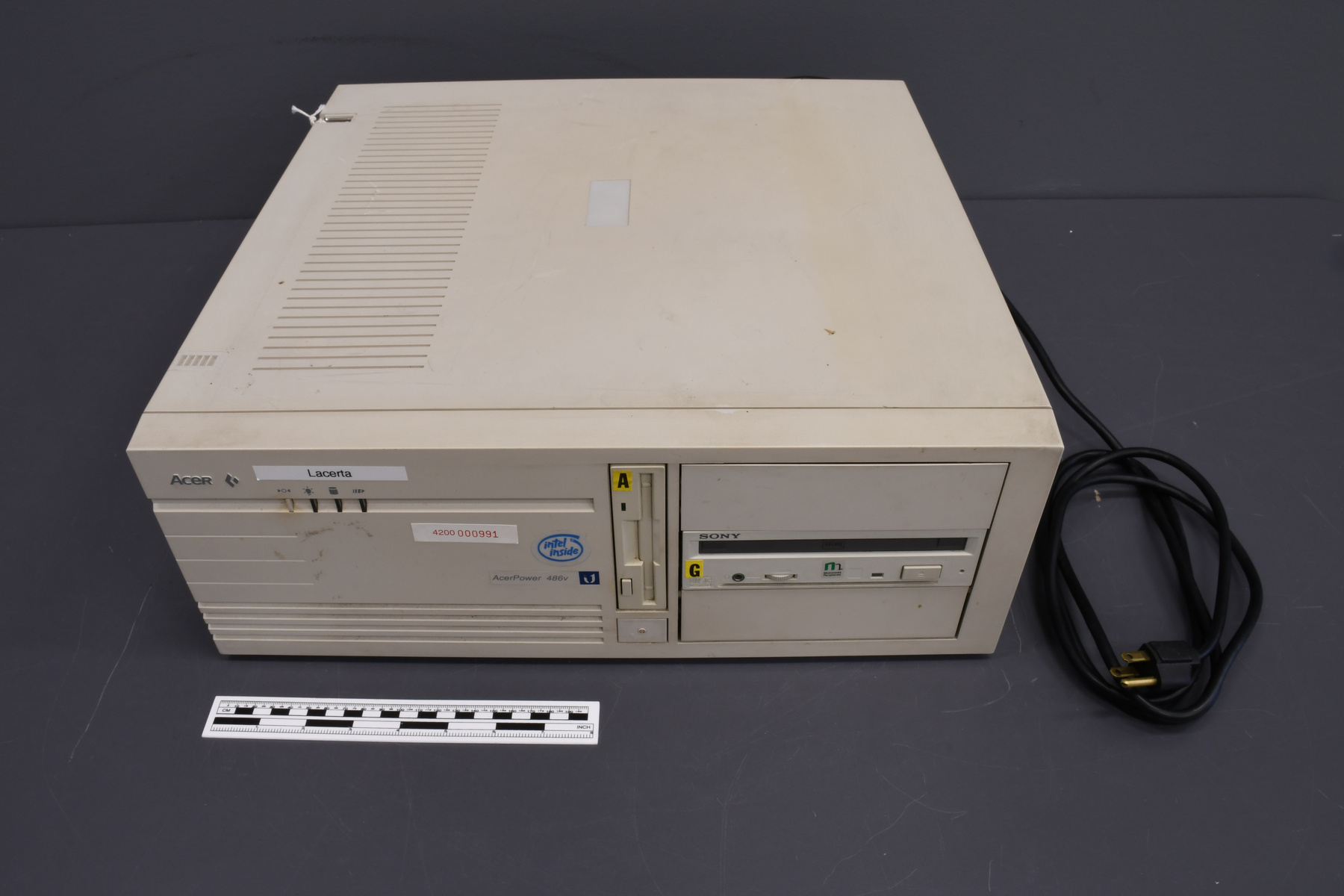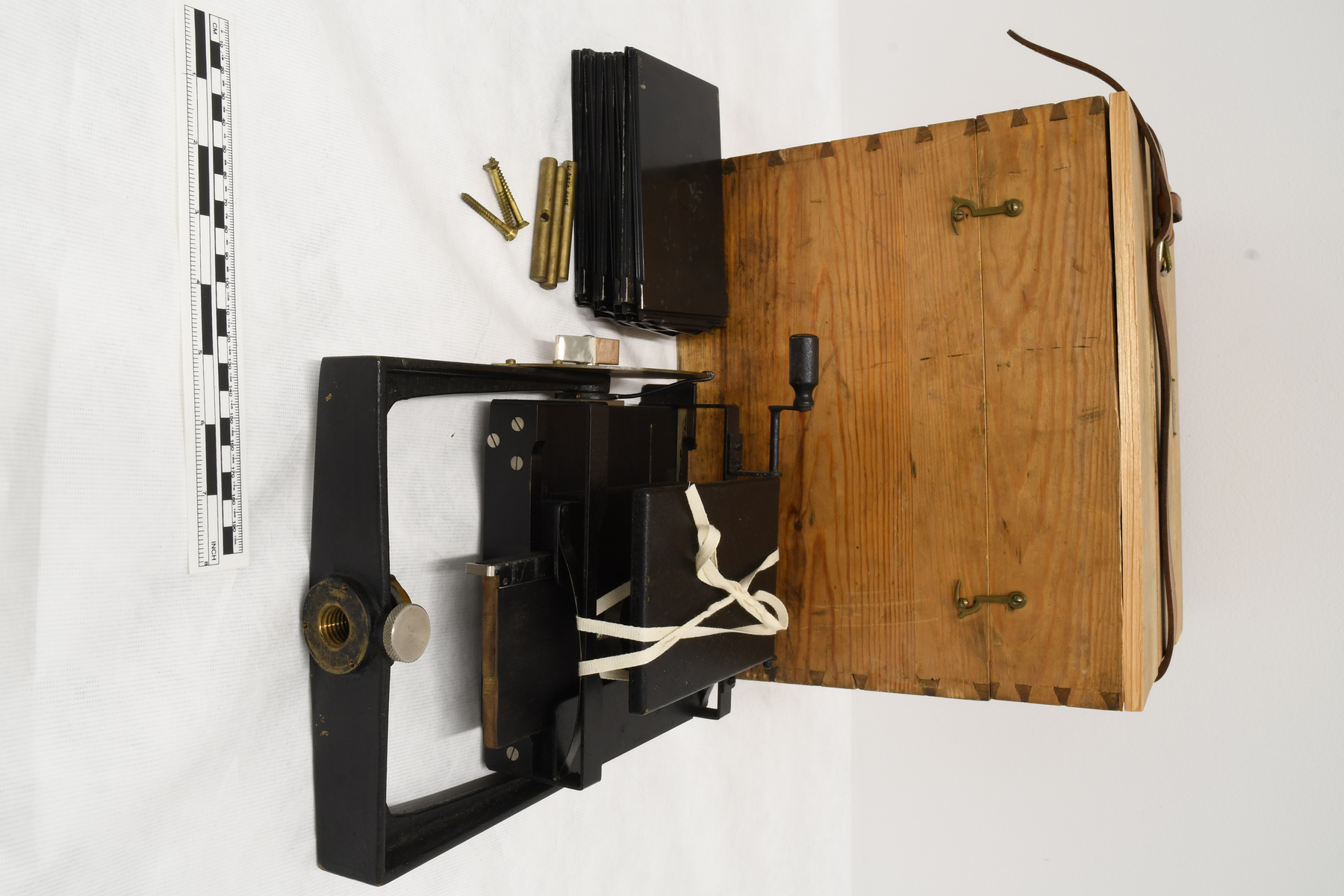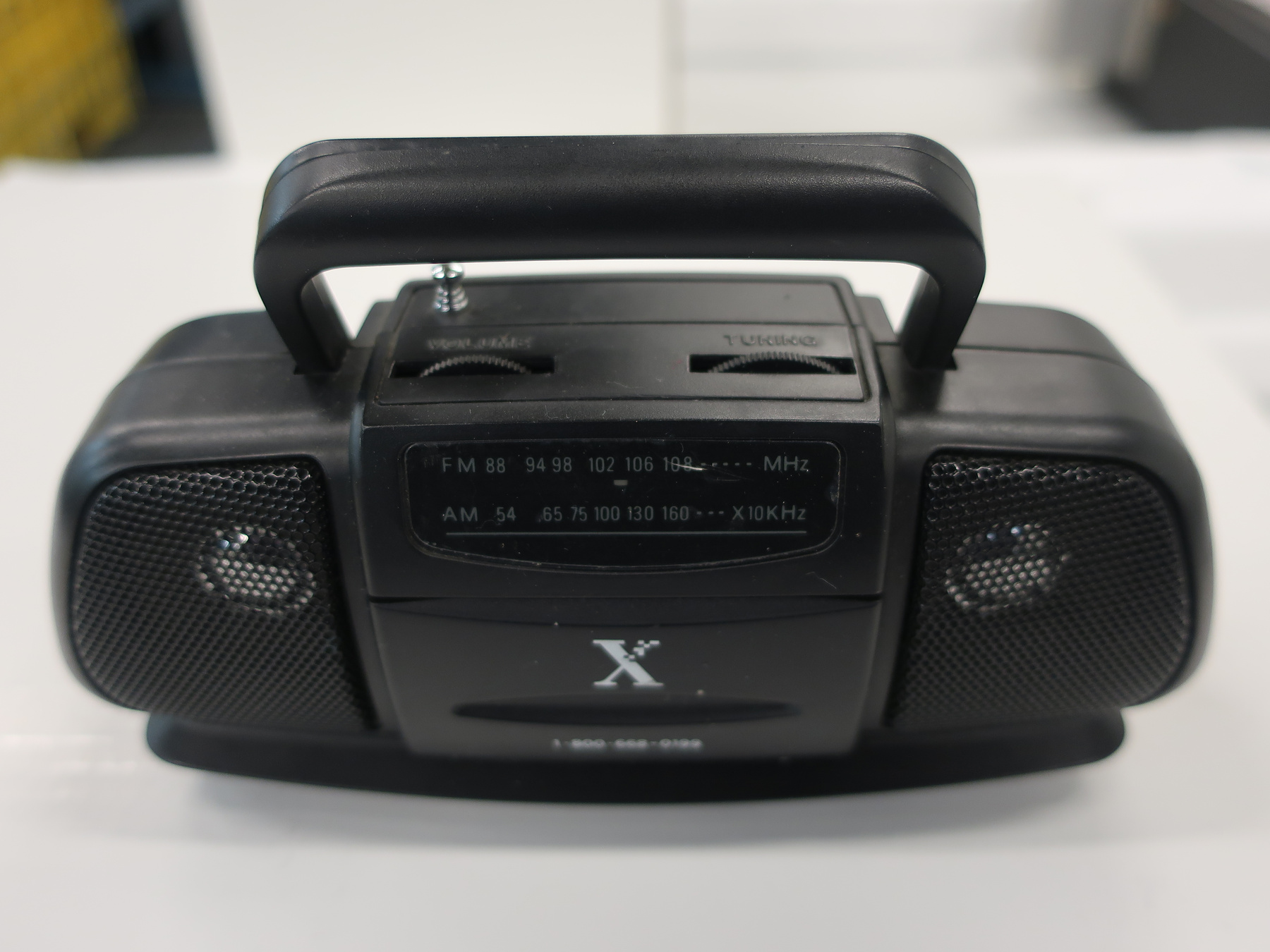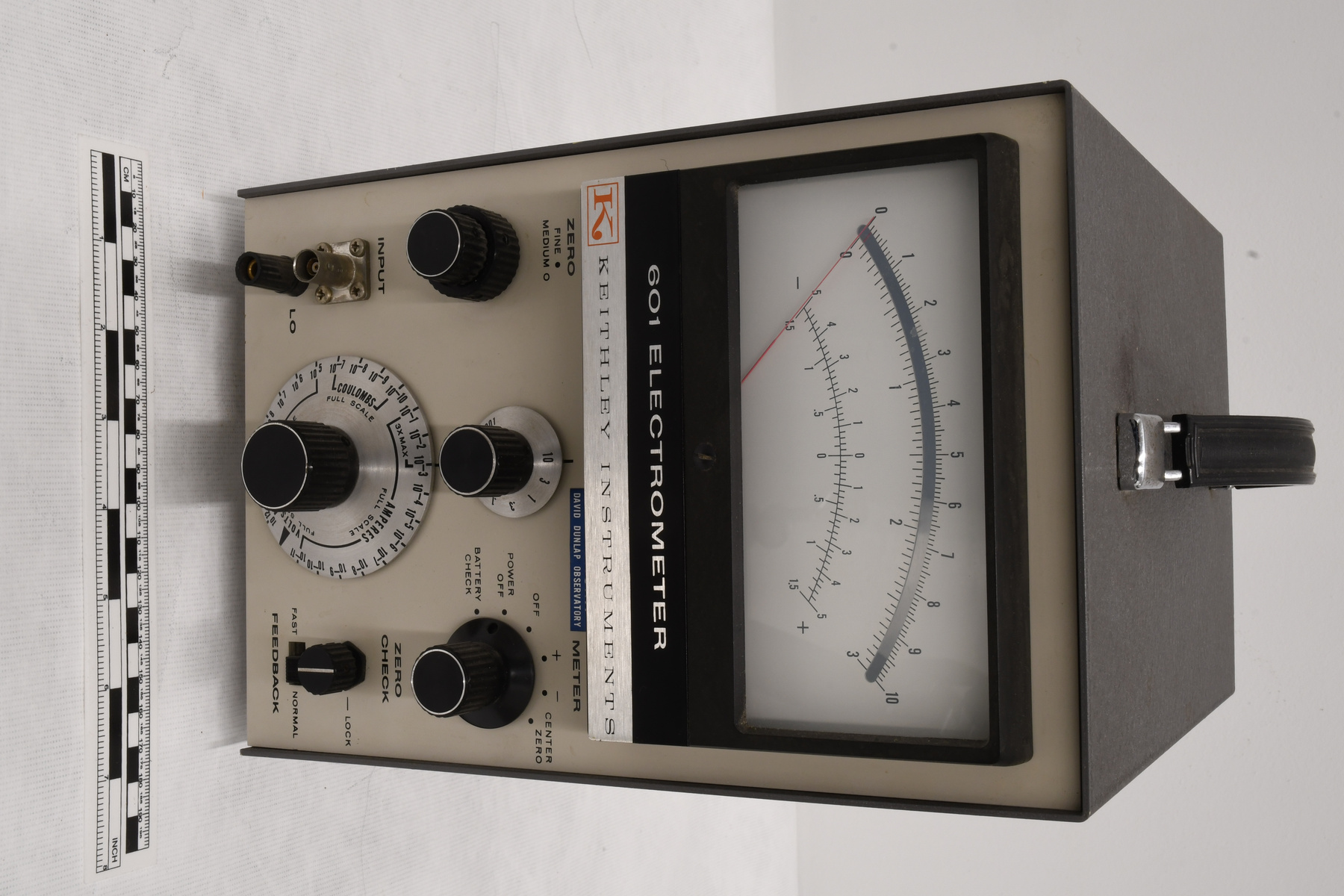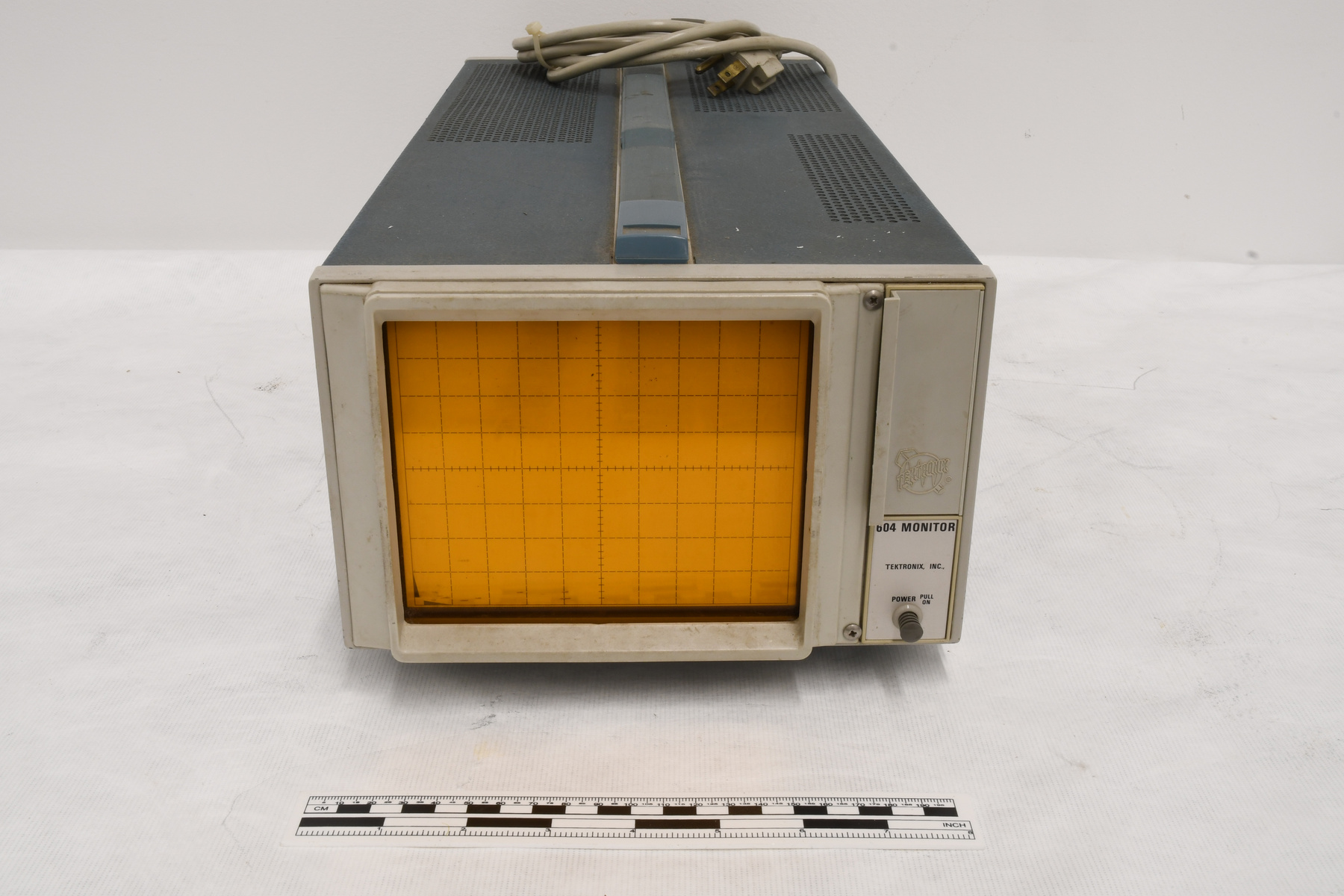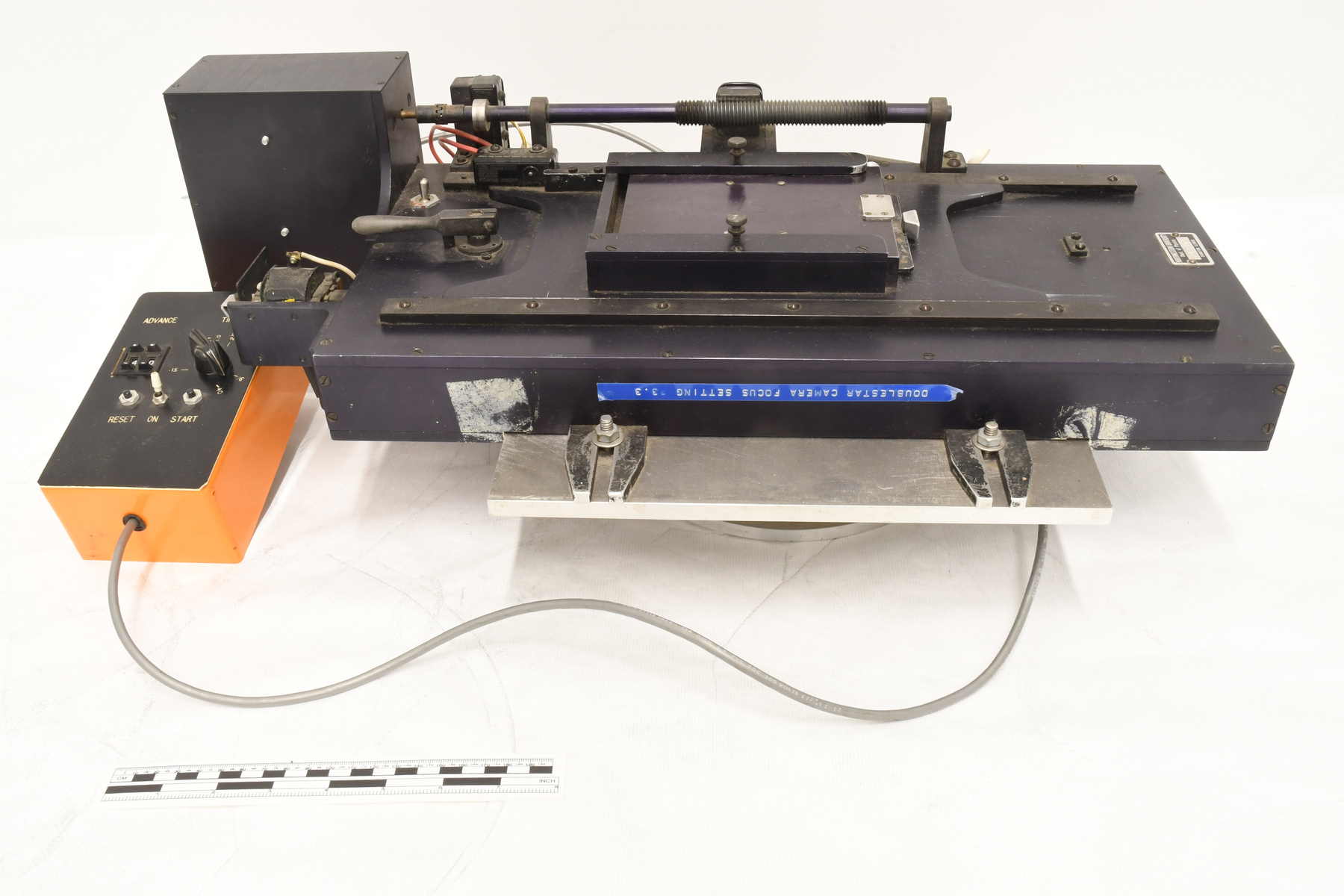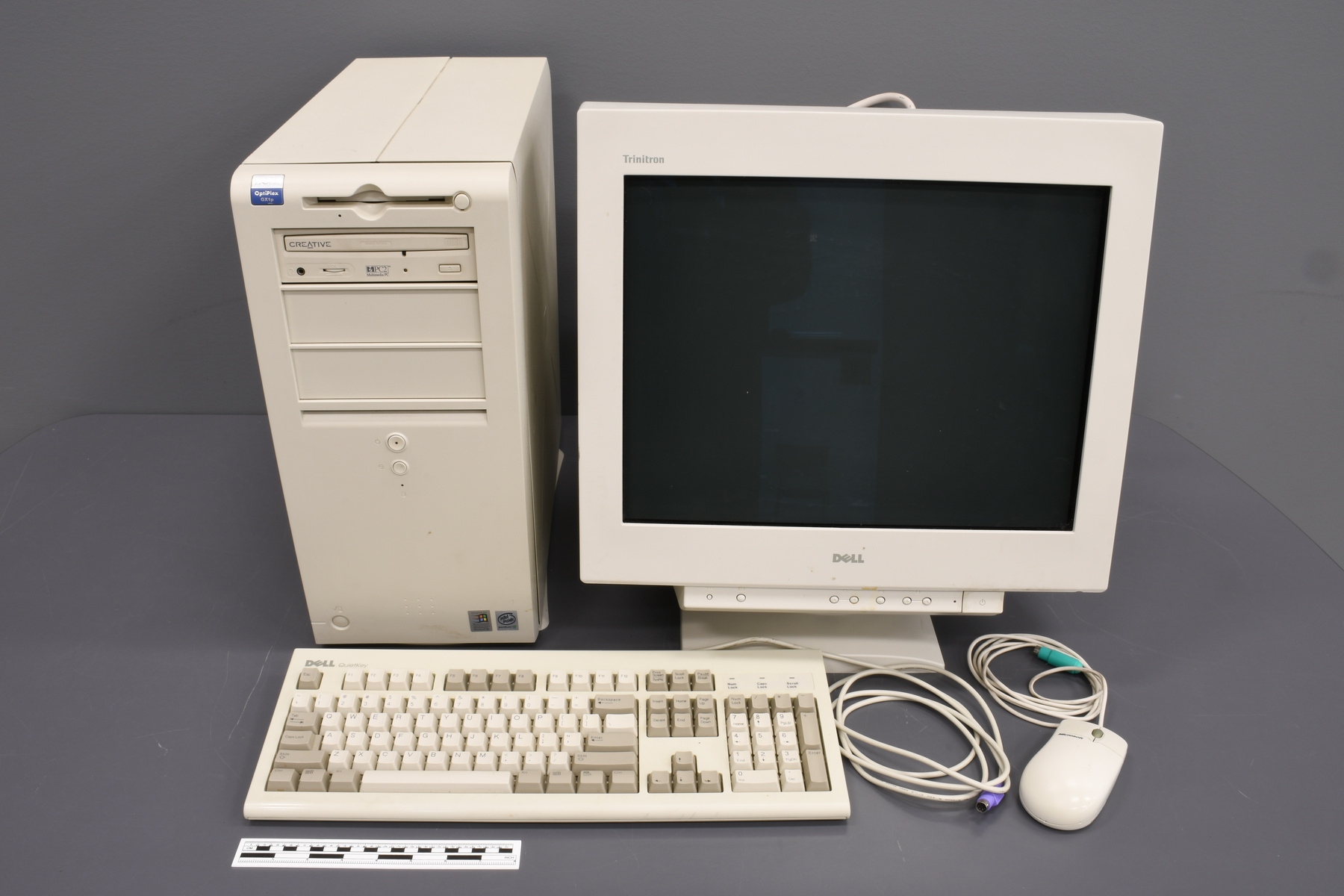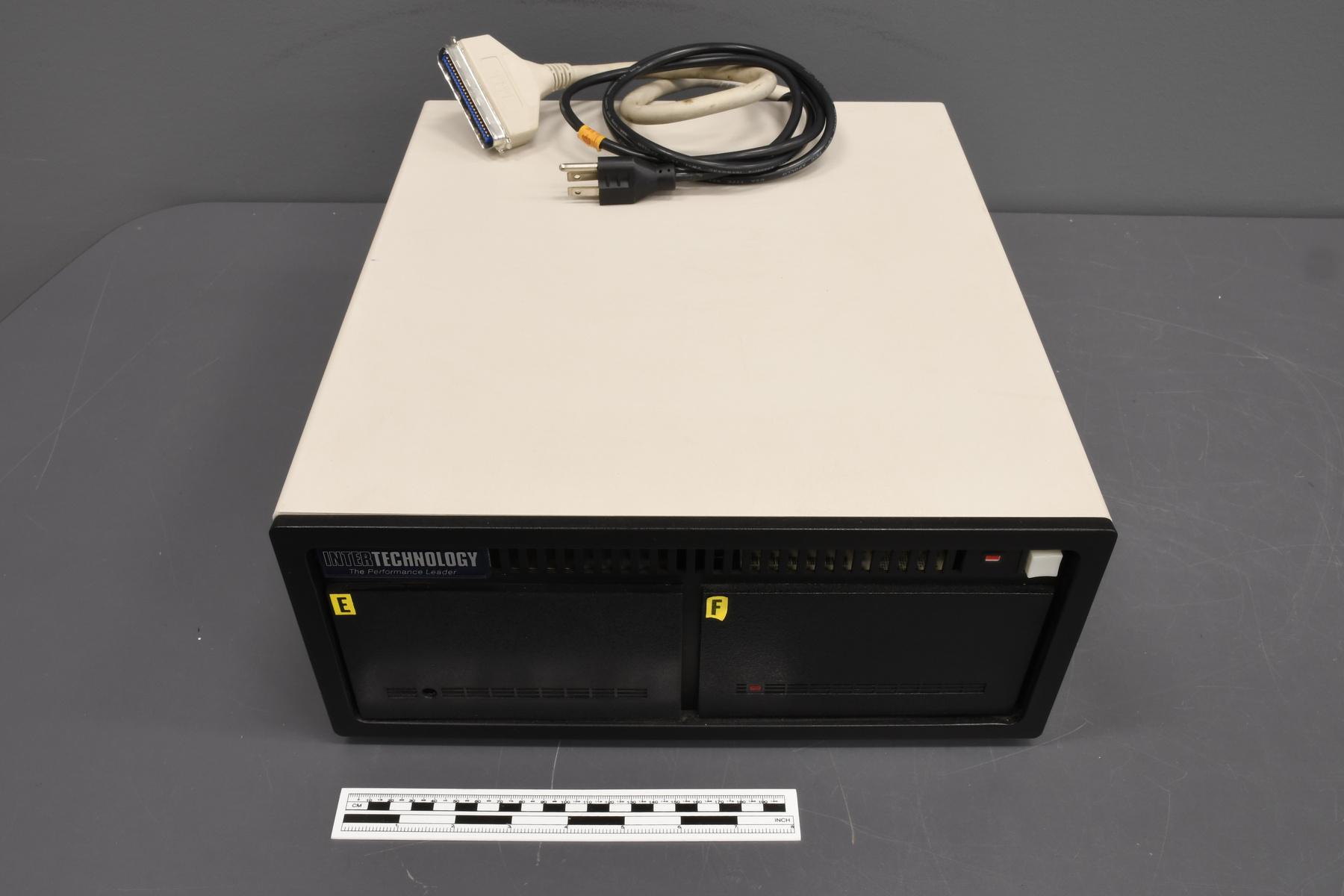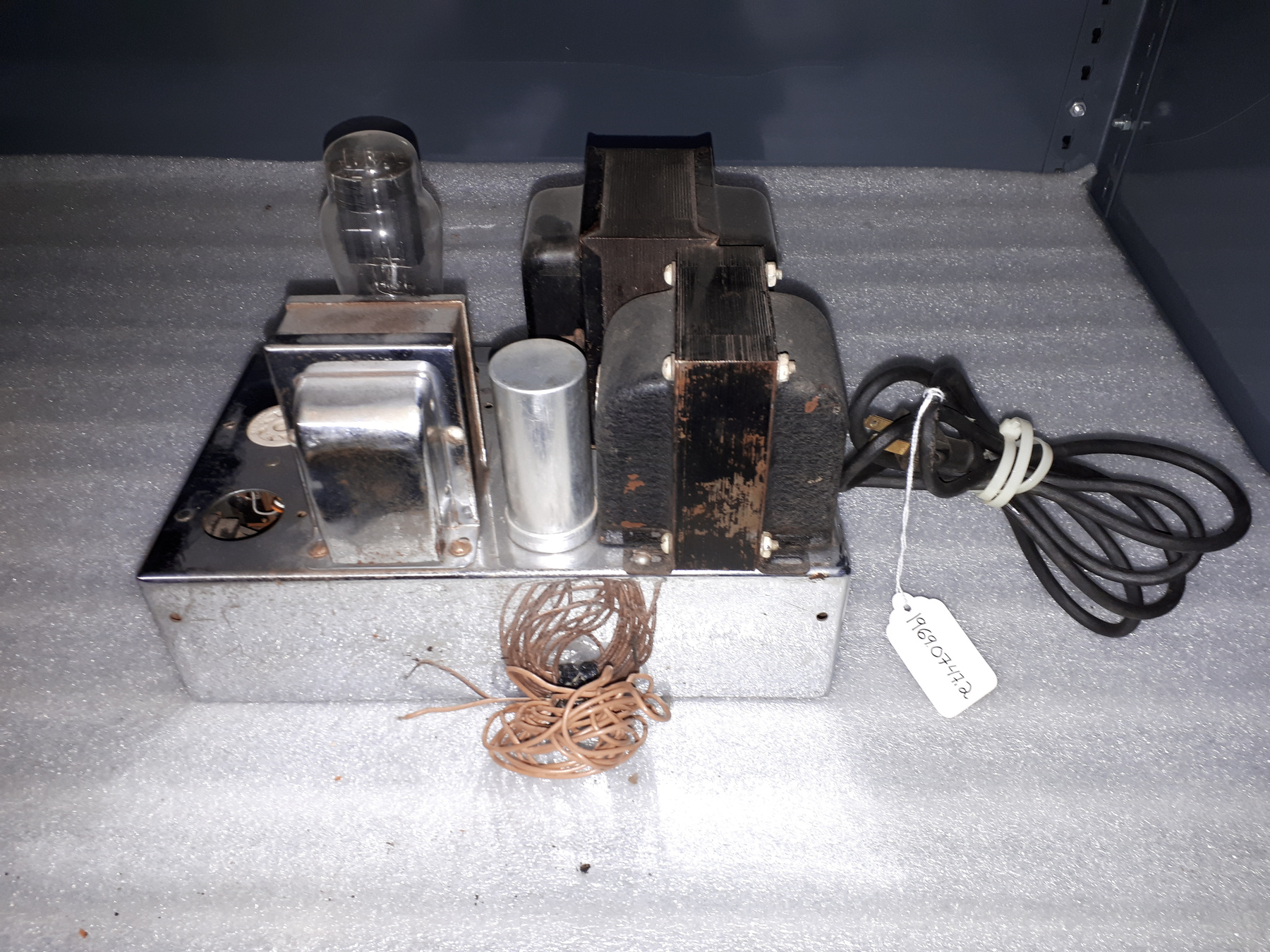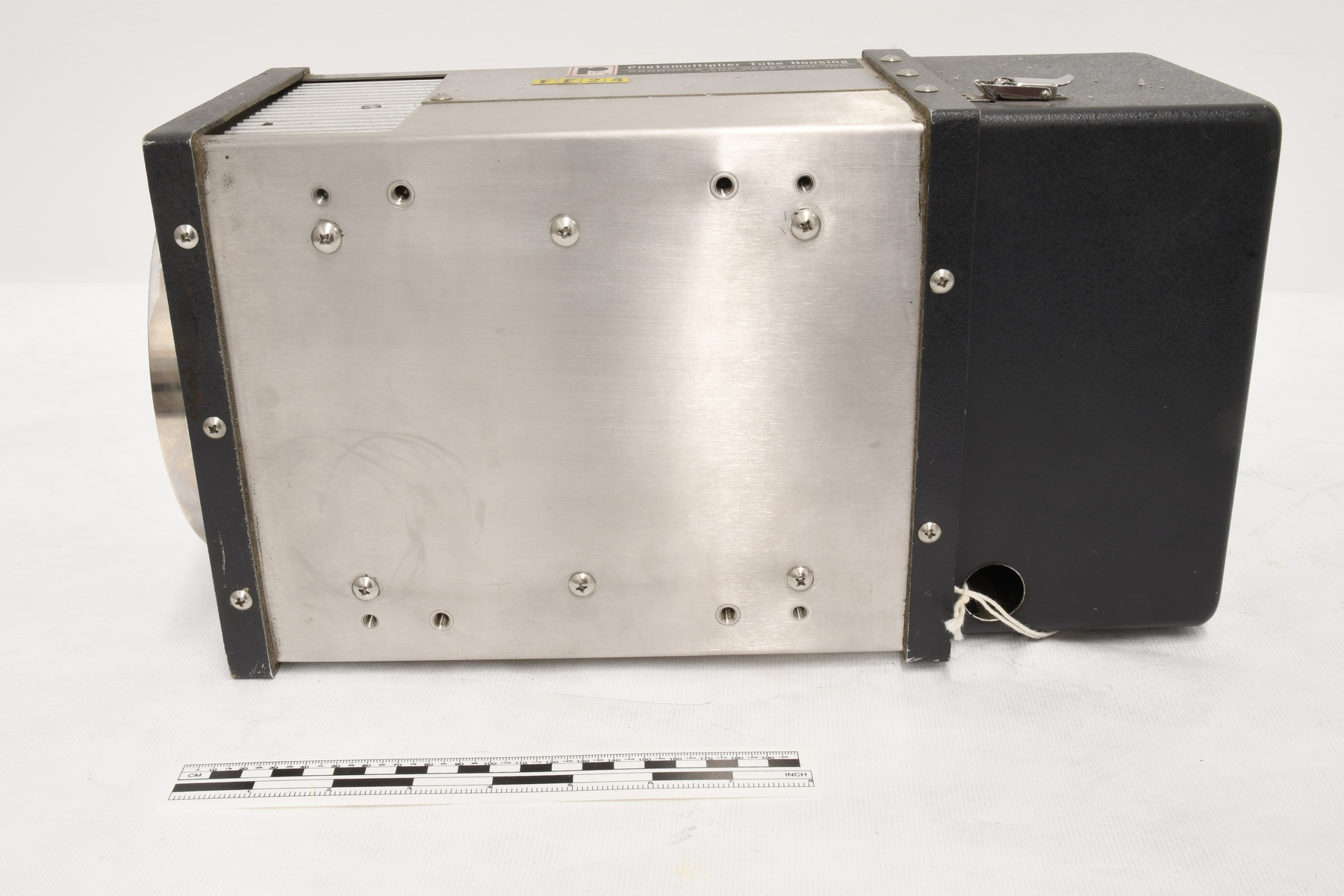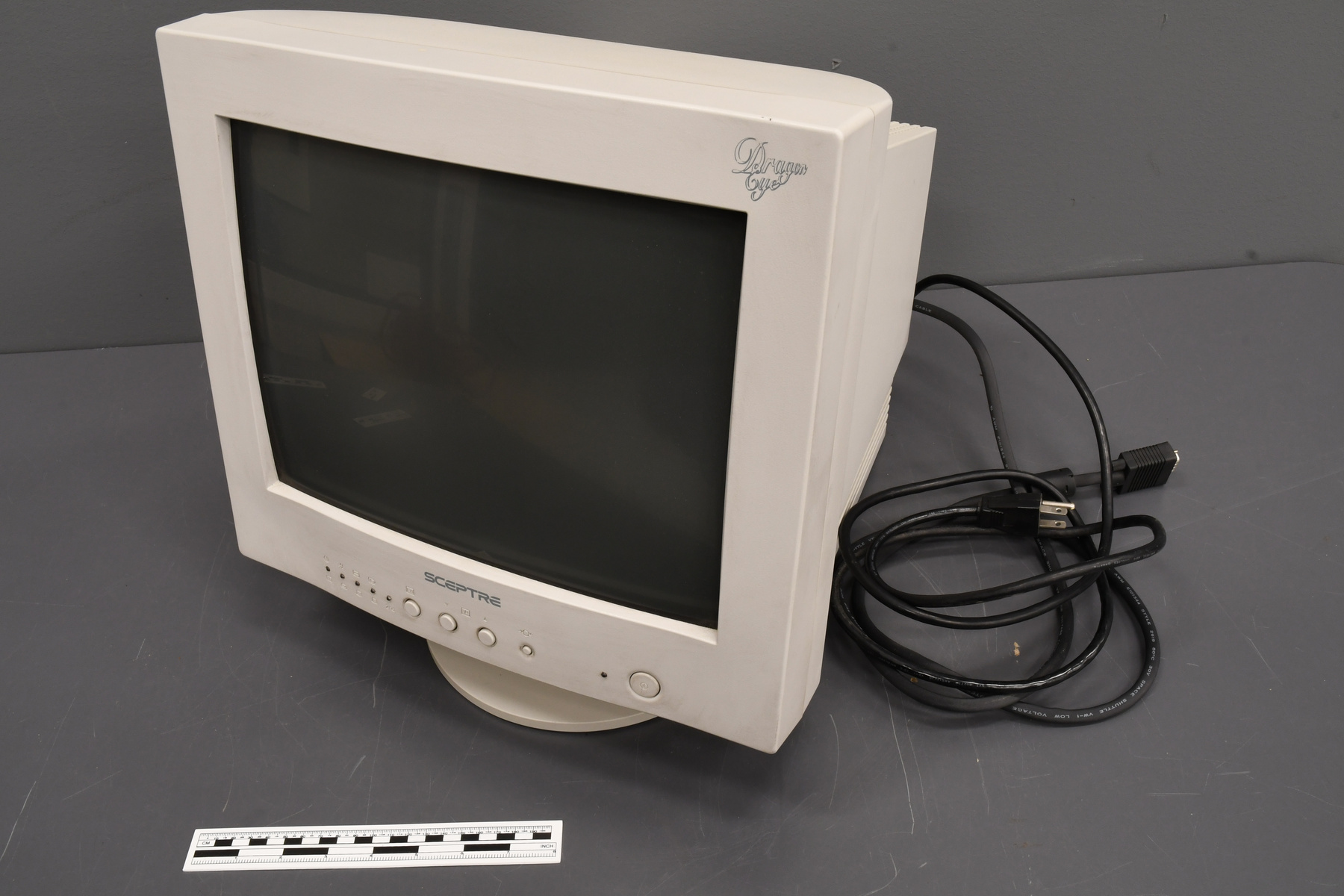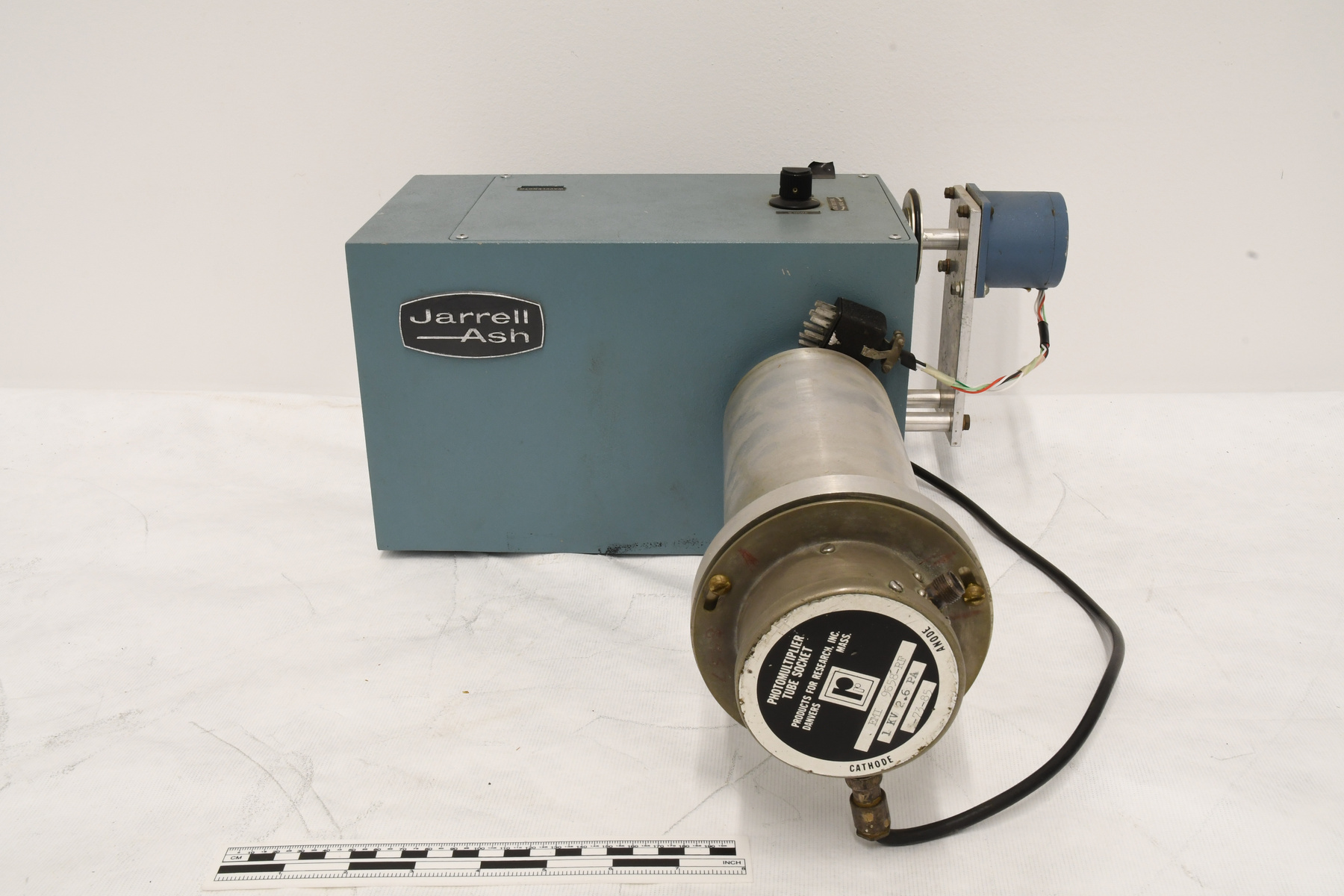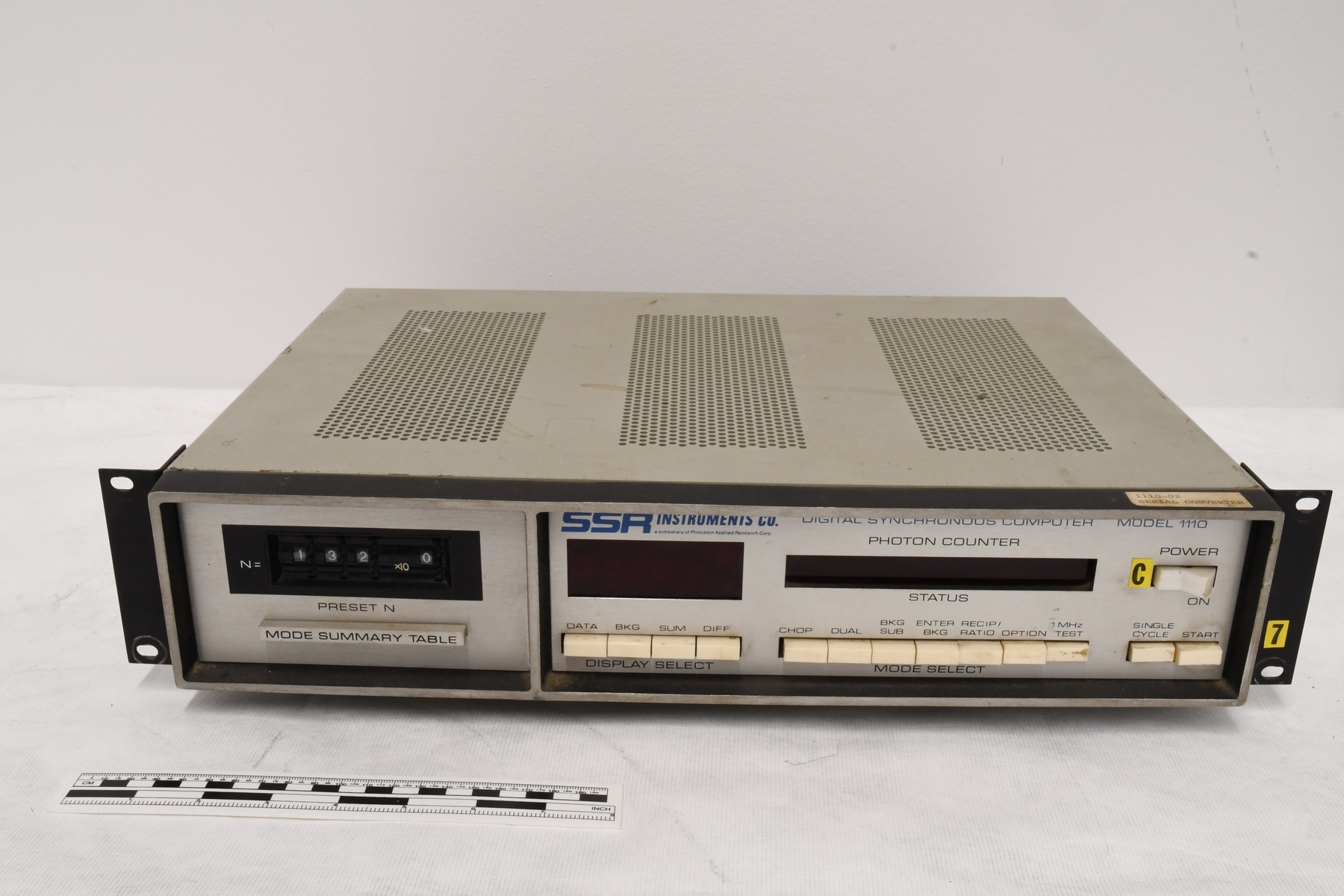Tape, data processing
Use this image
Can I reuse this image without permission? Yes
Object images on the Ingenium Collection’s portal have the following Creative Commons license:
Copyright Ingenium / CC BY-NC-ND (Attribution-NonCommercial 4.0 International (CC BY-NC 4.0)
ATTRIBUTE THIS IMAGE
Ingenium,
2008.0244.002
Permalink:
Ingenium is releasing this image under the Creative Commons licensing framework, and encourages downloading and reuse for non-commercial purposes. Please acknowledge Ingenium and cite the artifact number.
DOWNLOAD IMAGEPURCHASE THIS IMAGE
This image is free for non-commercial use.
For commercial use, please consult our Reproduction Fees and contact us to purchase the image.
- OBJECT TYPE
- magnetic/6250 cpi
- DATE
- Unknown
- ARTIFACT NUMBER
- 2008.0244.002
- MANUFACTURER
- 3M
- MODEL
- Computer Tape 777
- LOCATION
- Unknown
More Information
General Information
- Serial #
- 0322245404026
- Part Number
- 2
- Total Parts
- 3
- AKA
- N/A
- Patents
- N/A
- General Description
- Synthetic tape and casing/ Paper label
Dimensions
Note: These reflect the general size for storage and are not necessarily representative of the object's true dimensions.
- Length
- 29.0 cm
- Width
- 28.0 cm
- Height
- N/A
- Thickness
- 2.3 cm
- Weight
- N/A
- Diameter
- N/A
- Volume
- N/A
Lexicon
- Group
- Computing Technology
- Category
- Digital peripheral devices
- Sub-Category
- N/A
Manufacturer
- AKA
- 3M
- Country
- Unknown
- State/Province
- Unknown
- City
- Unknown
Context
- Country
- Canada
- State/Province
- Ontario
- Period
- Unknown
- Canada
-
A computing accessory item used at the David Dunlap Observatory at the University of Toronto, one of Canada’s most important astronomical observatories The David Dunlap Observatory opened in 1935 as the result of a bequest from the wife of David Dunlap. The telescope was a 74 inch (188 cm) reflector built by Grubb Parsons of Newcastle-upon-Tyne in England. The 74 inch was then the largest telescope in Canada (surpassing the 72 inch telescope of the Dominion Astrophysical Observatory in Victoria) and became the second largest in the world after the 100 inch Hooker Telescope of the Mt. Wilson Observatory outside Los Angeles. DDO's reputation grew and following WWII, it began to graduate most of the astronomers produced in Canada with University of Western Ontario far behind. Beginning in the 1960s a number of other astronomy departments were created but UofT/DDO held its place, a position it probably still holds. The DDO had a good technical staff which gave them an advantage and, with most of the 1940s to early 1970s top astronomers coming from UofT, grants from NRC and then ENSERC were almost guaranteed and allowed UofT's top astronomers -- Hogg, van den Berg, Fernie, Bolton, Kamper, Martin, etc. to acquire or build some of the best equipment available in university observatories. For optical observatories, only the DAO had technical staff and budgets that surpassed those of DDO. In 2007, citing increasing light pollution, the University of Toronto announced plans to sell the Observatory property. In June 2008, it was sold to Corsica Development Inc., a subsidiary of Metrus Development Inc. and the Observatory was closed. In 2009 the Observatory buildings and 80% of the site were designated a cultural heritage landscape. Also in 2009 Corsica and the Royal Astronomical Society of Canada, Toronto Centre announced an agreement allowing the RASC to provide public education and outreach programs at the observatory, and to operate the 188 cm telescope. - Function
-
A storage medium used to store large quantities of computer data, consisting of a plastic tape coated with a magnetic material on which information is stored in the form of magnetized spots. - Technical
-
This unused computer data storage tape is probably of a type used with an astronomical measuring engine, the Perkin-Elmer PDS machine. This was a device for digitally measuring photographs, used to measure both stellar and galactic spectra as well as direct images of the sky taken with the DDOs 74 inch telescope and plates acquired by Sidney Van de Burgh at the 48 inch Mt. Palomar Schmidt telescope. 3M Data Storage was formed in the early 1950s to develop storage media for IBM tape drives. In 1996, 3M's Imaging & Information business was spun off to become Imation. Today, Imation is a leading developer, manufacturer and supplier of magnetic and optical removable data storage media, with more than 250 US patents on data storage media technology Imation has been involved in the development of many technological improvements in data storage, such as the introduction of the first magnetic tape in 1947, the first quarter inch tape cartridge for data storage in 1971 and the 3.5-inch (89 mm) floppy diskette in 1984. The company now has a market presence in more than 100 countries (Refs. 2-3). - Area Notes
-
Unknown
Details
- Markings
- Red and black lettering on silver labels reads ‘3M/ Computer Tape/ No. 777/ 6250 CPI’/ Typed numbers on labels on other side reads ‘032224 54 04 026'
- Missing
- Appears complete
- Finish
- Blue and white case/ Black tape/ White label
- Decoration
- N/A
CITE THIS OBJECT
If you choose to share our information about this collection object, please cite:
3M, Tape, data processing, Unknown Date, Artifact no. 2008.0244, Ingenium – Canada’s Museums of Science and Innovation, http://collection.ingeniumcanada.org/en/id/2008.0244.002/
FEEDBACK
Submit a question or comment about this artifact.
More Like This









